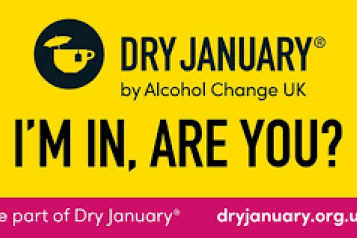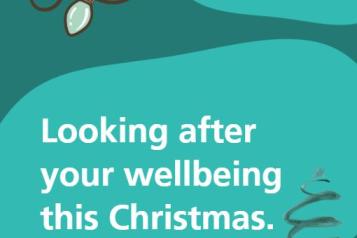World Immunisation Week 2025
The World Health Organisation (WHO) calls for increased collaboration between health workers, governments, and communities whose combined efforts have helped to eradicate dangerous diseases like smallpox and polio over the years.
What is World Immunisation Week about?
WHO states that vaccinations have improved infant survival rates by 40% over the last 50 years, with the measles vaccine alone responsible for 60% of those lives saved.
However, the rising rates of vaccine hesitancy could undo global efforts to prevent various diseases.
To promote the benefits of vaccination, WHO is continuing its immunisation campaign, launched last year, with the theme of “Immunisation for all is Humanly Possible” to reinforce the value of vaccines in saving lives and protecting communities. The campaign aims to encourage those who can get vaccinated to do so ensuring that we can continue more than 50 years of progress towards eradicating diseases like measles, polio, and malaria.
World Immunisation Week has 5 key messages:
- Immunisation is one of Humanity’s Greatest Achievements
Vaccines save the lives of 3 million people a year, or 6 people every minute. It is the most effective health initiative across the world.
- Vaccines for one person also keep other people safe
Preventing diseases is less expensive than treating diseases and helps us lower the strain on our NHS. By getting vaccinated, you can protect your community by preventing diseases from spreading.
- Vaccines ensure less disease and more life
Vaccination prevents diseases at all stages of life. Vaccinated children have the opportunity to grow, learn, and become healthy adults.
- Not everyone has the same access to life-saving vaccines
In 2023, WHO estimated that 14.5 million children globally did not receive any vaccine, often due to poverty or the inability to access immunisation. Access to a vaccine is a human right and collective effort is needed to ensure that every child is protected from vaccine-preventable diseases.
- Immunisation for all is Humanly Possible
The central message that WHO highlights is that we need to intensify our efforts to protect everyone using vaccines. This includes through the development of new vaccines and distribution of existing vaccines to protect everyone from health threats. Getting vaccinated protects you, your family, and your community.
Read more on World Immunisation Week here.
Why vaccines are important for you and your family.
Vaccination is the most important thing we can do to protect ourselves and our children against ill health. They prevent millions of deaths worldwide every year.
Since vaccines were introduced in the UK, diseases like smallpox, polio and tetanus that used to kill or disable millions of people are either gone or are now very rarely seen.
Other diseases like measles and diphtheria have reduced to a very low number of cases each year since vaccines were introduced. These cases are often related to travel.
However, if people stop having vaccines, it's possible for infectious diseases to quickly spread again.
NHS vaccinations and when to have them.
It's important that vaccines are given on time for the best protection, but if you or your child missed a vaccine, you can contact your GP to catch up.
NHS vaccine schedule for children and adults


